U.S. District Judge Fred Biery, based in San Antonio, issued a temporary injunction blocking Texas’s Senate Bill 10. The law, scheduled to take effect on September 1, 2025, required a 16-by-20-inch durable copy of the Ten Commandments to be displayed in every public school classroom.
Scope of the Ruling
The injunction currently applies to eleven school districts, including some of Texas’s largest, such as Houston ISD and Austin ISD. In these districts, schools are barred from implementing the Ten Commandments display requirement until further legal proceedings resolve the issue.
Why the Law Was Blocked
Constitutional Concerns
Judge Biery concluded that Senate Bill 10 likely violates the First Amendment. Specifically, he pointed to the Establishment Clause, which requires separation between church and state, emphasizing that public schools cannot serve as conduits for religious endorsement.
Student Coercion Risks
The judge argued that requiring the Ten Commandments in classrooms risks coercing students—who represent a “captive audience”—into religious observance. Because students cannot freely leave their classrooms, state-mandated displays carry an inherent risk of pressuring religious conformity.
Lack of Historical Precedent
Biery also noted the absence of a long-standing tradition of permanently displaying religious texts in public school classrooms. Without such precedent, the state’s argument that the law reflected historical practices was significantly weakened.
Alignment with Other States
This ruling mirrors similar judicial outcomes in Louisiana and Arkansas. In both cases, courts struck down laws requiring religious displays in classrooms, reinforcing a growing national consensus that such measures are unconstitutional.
Reactions and Responses
State Officials’ Position
Texas Attorney General Ken Paxton and other state leaders swiftly announced their intent to appeal. They argue that the Ten Commandments are foundational to America’s moral and legal heritage, framing the law as an affirmation of history rather than a religious mandate.
School Districts’ Adjustments
While the injunction applies to only eleven districts, other systems are reconsidering their own plans. Conroe ISD, not directly affected, announced it would pause implementation and seek legal guidance, signaling uncertainty statewide.
Civil Liberties Advocates
Organizations such as the ACLU and the Freedom From Religion Foundation praised the ruling. They described it as a critical victory for religious neutrality in public education, ensuring students’ rights to diverse beliefs remain safeguarded.
Broader Implications for Religion in Schools
Reinforcing Separation of Church and State
The ruling underscores that public schools must remain neutral on religious matters. Mandating displays from a single tradition—particularly in classrooms—conflicts with the constitutional obligation to avoid government-sponsored religious expression.
National Legal Trends
This decision contributes to a growing body of case law restricting overt religious mandates in schools. Similar rulings in Louisiana and Arkansas suggest courts across the country are increasingly unwilling to allow legislative attempts to enshrine religious texts in public education.
Protecting Student Autonomy
By halting mandated displays, the injunction protects students’ rights to practice—or abstain from—religion without state interference. It ensures classrooms remain inclusive spaces that reflect America’s pluralistic values rather than elevating a single religious viewpoint.
Anticipated Legal Battles
The case is far from over. With the state’s appeal already underway, the matter could progress to the Fifth Circuit Court of Appeals. Depending on outcomes, it may eventually reach the U.S. Supreme Court, setting precedent with national implications for church–state boundaries in education.
What This Means Moving Forward
Upholding Constitutional Principles
If upheld, the ruling will reinforce the idea that public schools cannot promote religious messaging. This principle ensures that government institutions avoid favoritism toward specific religious traditions, maintaining fairness in diverse communities.
Shaping Future Legislation
Lawmakers in Texas and beyond may be more cautious when drafting education policy. Future initiatives could focus on presenting religious texts in neutral, historical, or comparative contexts, rather than requiring their permanent display in classrooms.
Encouraging Inclusive Civic Education
The decision highlights the importance of inclusive educational practices. Rather than privileging one faith tradition, schools are encouraged to adopt curricula that foster respect for religious diversity, civic values, and constitutional rights.
Judge Biery’s ruling delivers a strong reminder: public schools are not platforms for government-endorsed religious expression. By halting Senate Bill 10, the court has protected student autonomy, reinforced separation of church and state, and set the stage for a legal battle that could shape future national policy.

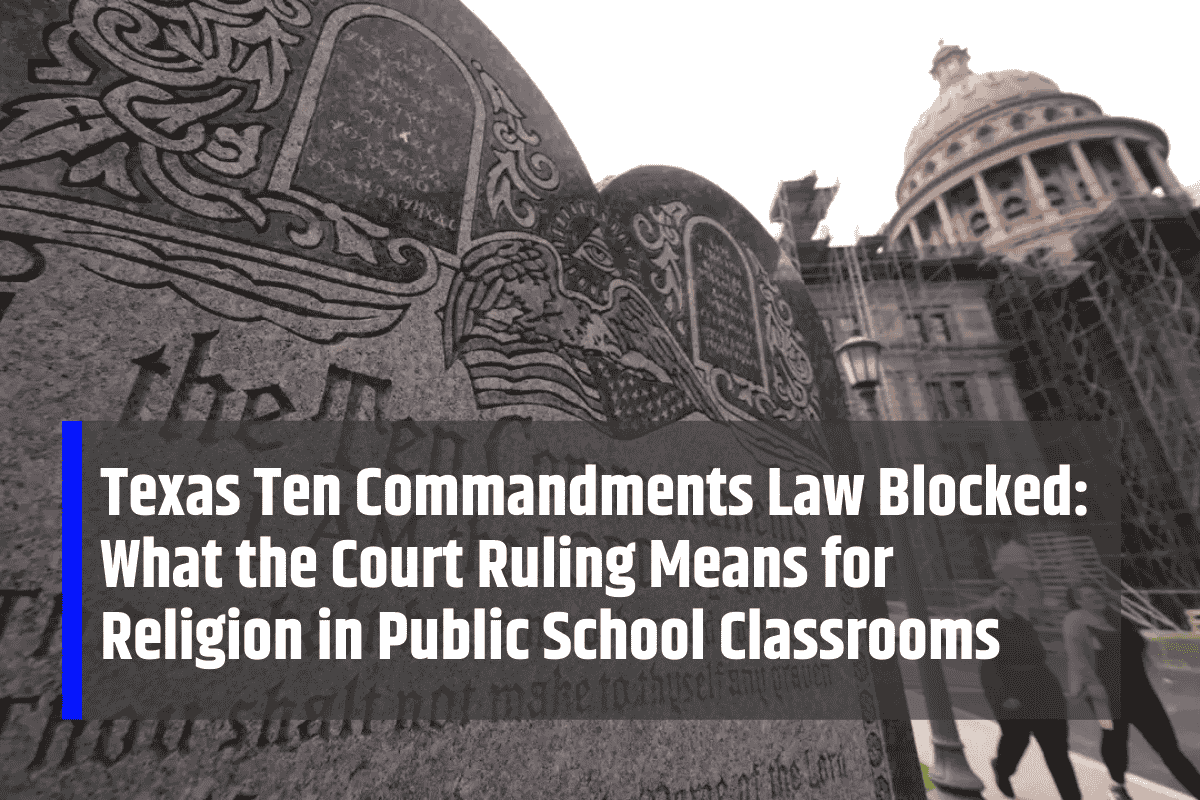
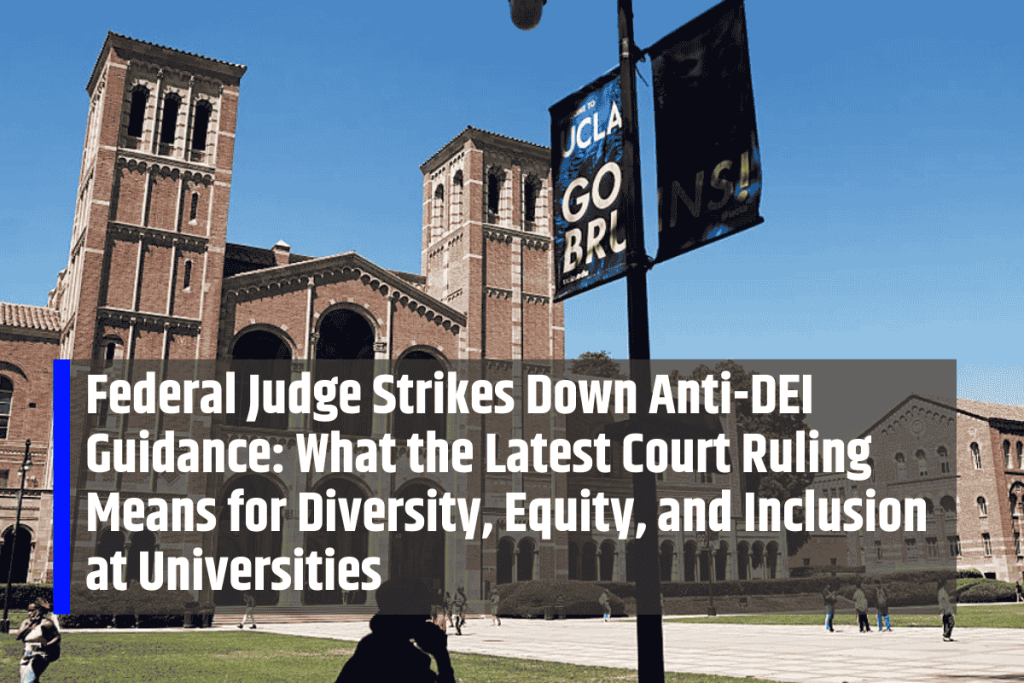
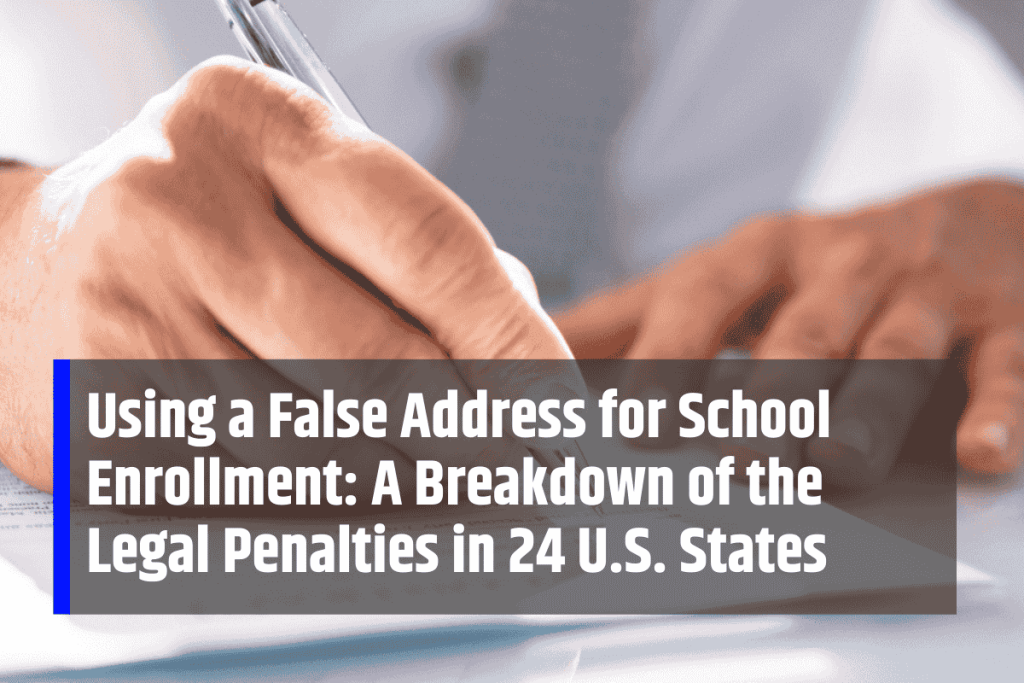

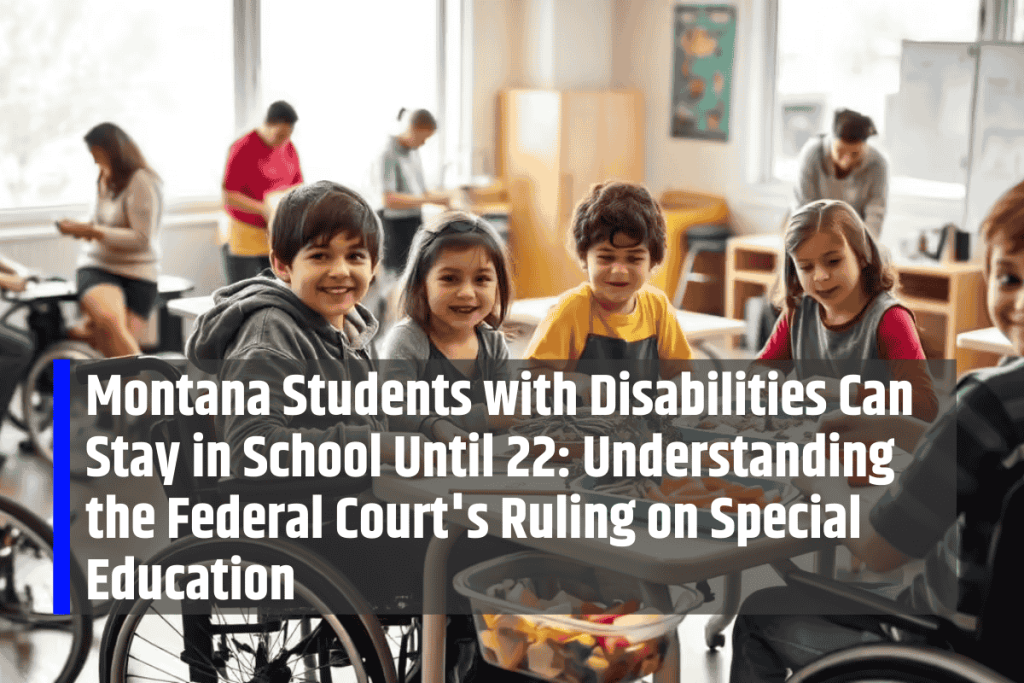

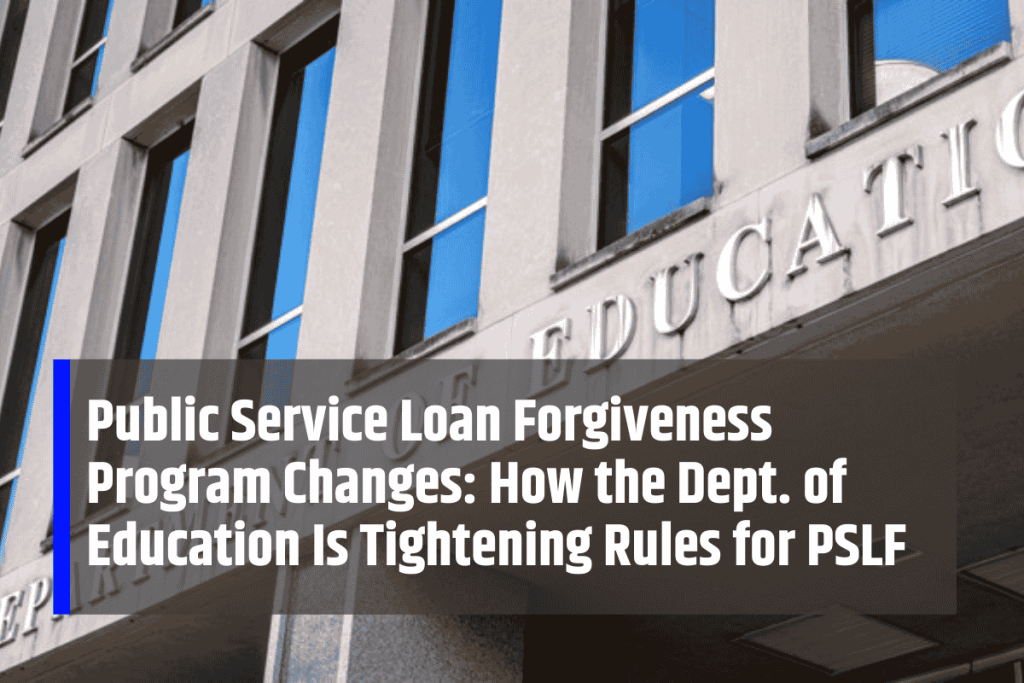



Leave a Comment